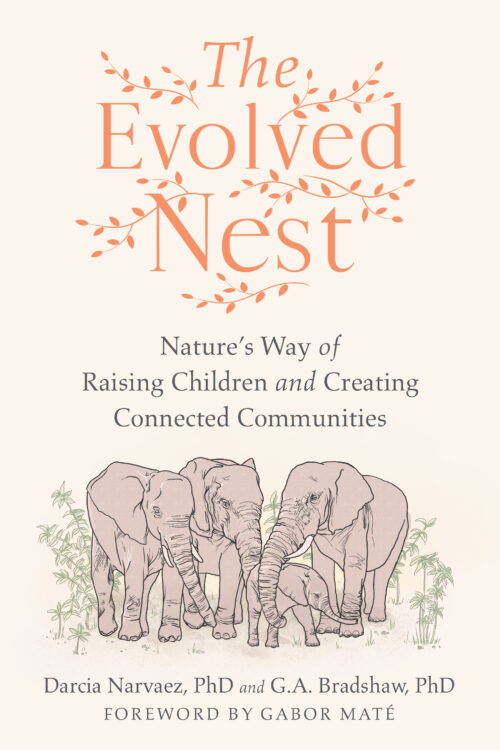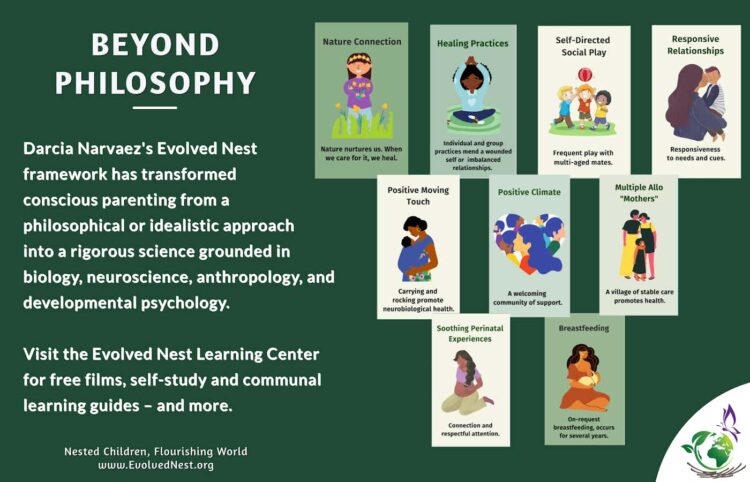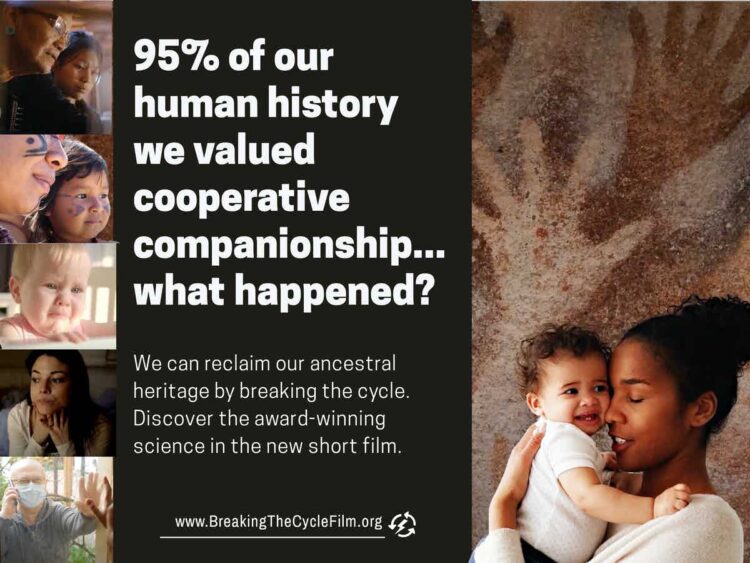On a whim, we went to watch the new Superman movie. I had heard that Superman’s message was about empathy and kindness, a refreshing shift from the increasingly sadistic ‘blow ‘em up’ Hollywood film.
Well, there were a few moments of kindness by Superman, but a young child certainly would not pick these up as the movie’s theme. Young children attend to actions—here, the violence—and from this film would learn that violence is normal male—and female—behavior.
Afterwards, I could not believe it was a PG film. There were dozens of aggressive actions in each encounter where Lex Luthor’s forces were trying to destroy Superman, which was most of the time. Overall, there were hundreds and hundreds of blows mostly against Superman. I frequently had to look away.
Why do audiences find body blows pleasurable?

Interestingly, I had just re-listened to Dr. James Prescott discussing the importance of positive touch in early life. He described evidence showing that if a young child does not receive enough positive touch to develop a healthy tactile-friendly neurobiology ready to give and receive affection, they will aim to get touch through other means, including negative interpersonal touch like punching and beating.
(James Prescott passed on August 8, 2025. Watch Darcia’s tribute to him here. Read about his extraordinary contributions to human development research here. Read Prescott’s posts on Kindred here. See this website for James Prescott’s papers. And this one and this one for more depth.)
Watching Superman, I realized that the mirror neurons of positive-touch-deprived viewers may have been happily stimulated, allowing them to welcome the countless body blows.
This is the twisted world created by unnestedness and the neglect of basic needs: Physical abuse replaces pleasurable touch to get basic touch needs met.
Dr. Prescott pointed out that some religious and political ideologies advocate punishing touch (e.g., via circumcision, corporal punishment) but even more ideologies have frowned on pleasurable touch. These contributed to the rise in abusive touch that marked European history and was globalized through colonization. Multiple books have been written about the European history of corporal punishment for religious purposes (see a few in the references). Indigenous intelligence would label this child abuse. And more and more studies show it has the same effects on brain development as severe maltreatment.
For centuries, Calvinist-evangelical Christians have been advising parents to break a child’s spirit early, in the first months or years, for the purpose of saving the child’s soul. This means corporal punishment for disobedience in babyhood!
Oddly, breaking a child’s spirit is the opposite of honoring the generally accepted Christian theological contention that each person carries the Imago Dei—that each is made in the image of God.
Among Indigenous Peoples, punishment of children is forbidden because it leads to soul loss. Indeed, according to the nested pathway, punishment of children impairs the child’s inner compass that, when intact and supported along the lifeway, leads to wellbeing and a compassionate nature. An impaired inner compass leads to a variety of pathologies, physiologically, psychologically, and socially. Mostly significantly, you are set up to perceive threat in difference.
It turns out that the religious-political orientation that supports breaking a child’s spirit to save their soul has the opposite effect. Breaking the spirit actually banishes the soul.
They don’t know themselves but are forever trying to manipulate things for their comfort, unable to welcome otherness. They were formed by fear to be stiff-minded, inflexible, anxious, manipulative, and fearful of diversity.
When you are easily triggered, authoritarian sameness seems just right.
 After experiencing soul loss at a very early age, validation does not come from inside. Instead, they are shaped to be externally focused, always needing external validation—i.e., visible, concrete symbols of the goodness of their group, their ideology, and themselves (e.g., with statues, names on buildings or airports and other self-aggrandizements). The external validation doesn’t really stick so it becomes an endless pursuit.
After experiencing soul loss at a very early age, validation does not come from inside. Instead, they are shaped to be externally focused, always needing external validation—i.e., visible, concrete symbols of the goodness of their group, their ideology, and themselves (e.g., with statues, names on buildings or airports and other self-aggrandizements). The external validation doesn’t really stick so it becomes an endless pursuit.
When the soul-lost child becomes an adult, they pass on the trauma-inducing practices they experienced. They did not get to know their own uniqueness (image of God) and develop their own personal knowledge and intuitions about the world from their experience. Without healing, they cannot encourage self-actualization in others either.
The USA has been a longtime Calvinist religious experiment against babies and children, creating a country full of self-strangers needing external validation. The chickens have come home to roost. Multiple myths about babies support a ‘taboo on tenderness’ (Suttie, 1935) which, incredibly, medical personnel and parent advisers continue to purvey. This, despite the growing evidence that evolved nest violations lead to illbeing and aggressiveness. The focus on work, moneymaking, and support of the rich above all else, along with corporate lobbying, derail federal legislation for paid family leave which otherwise would give non-ideological parents time to follow their compassionate parenting instincts.
The species-normal nested pathway supports positive affectionate touch throughout life to promote health and wellbeing. Watch the USA to see what results when nest provision is increasingly disrupted across the board as it has been for the last decades.
Those who can, please keep babies in arms for at least six hours a day!
References

(James Prescott passed on August 8, 2025. Watch Darcia’s tribute to him here. Read about his extraordinary contributions to human development research here. Read Prescott’s posts on Kindred here. See this website for James Prescott’s papers. And this one and this one for more depth.)
deMause, L. (1995). The history of childhood.: The untold story of child abuse New York, NY: Psychohistory Press.
Gershoff, E. T. (2013). Spanking and child development: We know enough now to stop hitting our children. Child Development Perspectives, 7 (3), 133-137. https://doi.org/10.1111/cdep.12038
Greven, P. (1977). The Protestant temperament: Patterns of child-rearing, religious experience and the self in early America. New York: Knopf.
Greven, P. (1991). Spare the child: The religious roots of punishment and the psychological impact of physical abuse. New York: Knopf.
Karr-Morse, R., & Wiley, M.S. (1997). Ghosts from the nursery: Tracing the roots of violence. New York: Atlantic Monthly Press.
Karr-Morse, R., & Wiley, M.S. (2012). Scared sick: The role of childhood trauma in adult disease. New York: Basic Books.
Miller, A. (1983/1990). For your own good: Hidden cruelty in child-rearing and the roots of violence. New York, NY: Noonday Press.
Narvaez, D., Gleason, T., Mitchell, C. & Bentley, J. (1999). Moral theme comprehension in children. Journal of Educational Psychology, 91(3), 477-487. https://doi.org/10.1037/0022-0663.91.3.477
Narvaez, D. (2002). Does reading moral stories build character? Educational Psychology Review 14(2), 155-171. https://doi.org/10.1023/A:1014674621501
Narvaez, D. (2014). Neurobiology and the development of human morality: Evolution, culture and wisdom. Norton.
Suttie, I. (1935/1988). The origins of love and hate. London: Free Association Books.
Montagu, A. (1986). Touching: The human significance of the skin. New York: Harper & Row.

